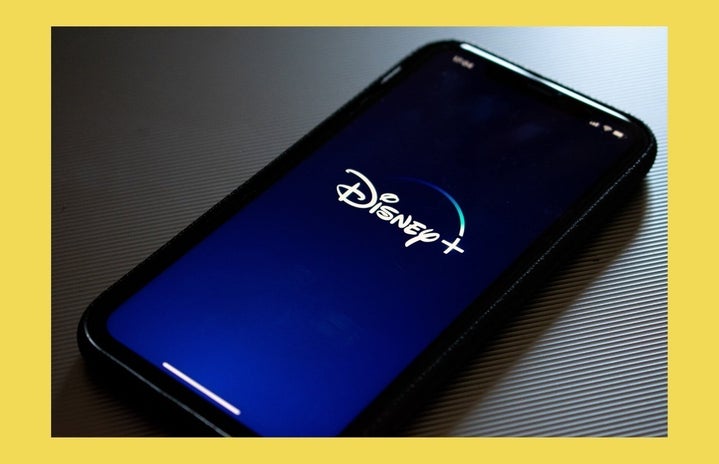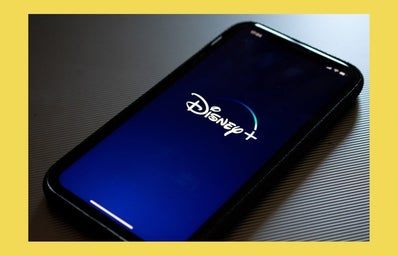From short films to music videos, mainstream media has managed to stir up conversations about how bigger bodies are treated by society.
The release of the two-minute film “Reflect” on Disney+ marks a historic moment for the streaming platform, as the main character Bianca is the company’s first plus-size female protagonist.
At the beginning of “Reflect”, Bianca lines up at a ballet barre in a dance studio. Dancing in a room surrounded by mirrors wearing a fitted leotard, it becomes apparent that Bianca feels self-conscious about her body. When she sees her reflection her confidence shatters. Bianca then enters a dark labyrinth of cracking mirrors and insecurity and fights to reclaim self-empowerment by dancing her way through her negative thoughts. The story ends with Bianca leaping back to reality with a reassured smile on her face.
In an interview on Disney+, creator Hillary Bradfield explains the desire to spread body positivity through Bianca. Hoverever, not everyone is a fan of the character.
The backlash wasn’t directed at the plot of “Reflect” or its animation. Rather, it was aimed at the main character’s body and concerns for her poor health, even though Bianca is obviously an active dancer. A short film that intended to spark conversations about body acceptance and self-confidence instead exposed the fatphobia in our society.
When the New York Post announced the short film on Instagram, comments raged about Disney glorifying child obesity. One user noted “Disney shouldn’t be encouraging unhealthy lifestyles,” while another commented, “Let’s make childhood obesity something to look up to!”
Even though Disney has a history of making its female characters unrealistically skinny, the representation of underweight bodies is less likely to be criticized by those who have qualms with Bianca.
Bianca isn’t Disney’s first plus-size main character. The popular movie “Up”, which was released in 2009, stars the lovable Russell, a young boy with a body type similar to Bianca’s. Audiences didn’t get mad about Russell’s appearance or accuse Disney of promoting childhood obesity when Up debuted, arguably because standards for women are much skinnier than they are for men, even regarding animated characters. The question arises, are audiences upset because Disney took a step to represent plus-size women?
There are plenty of female villains with bigger bodies in Disney’s history. Heavier figures are donned on villains while heroine characters are slim. We see this with Ursula versus Ariel and the Queen of Hearts versus Alice.
It’s acceptable for evil characters to be fat because the word already has a negative connotation. When applied to humans, being called fat is equated to an insult. We think fat cats and chubby babies are cute, but fat people are stigmatized and shamed for being lazy and lacking self-discipline.
The belief that someone’s body composition is an indicator of their health, both physical and mental, is incorrect. Our bodies aren’t a reliable representation of our lifestyles despite popular belief. Body weight, shape and size is largely determined by genetics and is not always something we can change healthily through diet and exercise.
Fat is a neutral adjective. It is not an emotion, nor is it an insult. To use fat as a feeling is harmful to individuals who actually are overweight. Anyone around you who happens to be in a larger body certainly won’t feel good about your word choice.
At the end of the day, representation for all in mainstream media is important and Disney has been actively trying to improve its diversity among characters. Not only has Disney committed to making some characters LGBTQ+, but the company has vowed to make its characters more diverse. With varying skin tones, heights, styles and weights, Disney can ensure its viewers feel seen and accepted. In 2022, children shouldn’t only be idolizing thin heroes, even if fatphobic people disagree.


